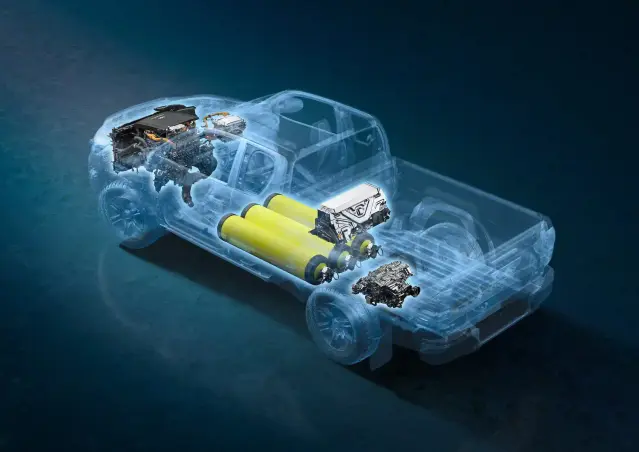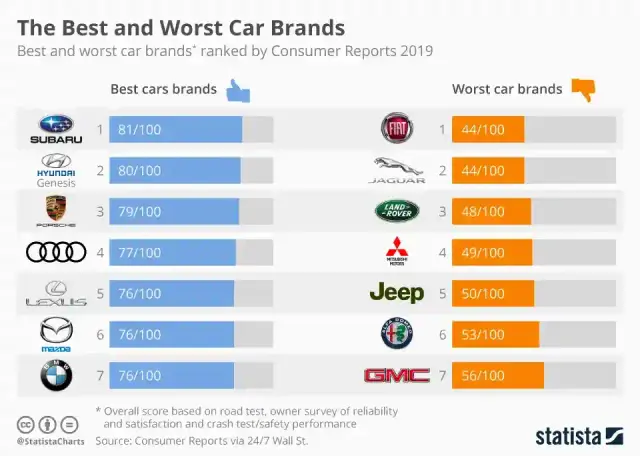Hydrogen Fuel Cell Cars Unveiled
Mia Wilson

Photo: Hydrogen Fuel Cell Cars Unveiled
In the race toward a sustainable future, hydrogen fuel cell cars are emerging as a groundbreaking innovation in the automotive industry. These vehicles promise to revolutionize how we perceive and utilize transportation by combining eco-friendliness with cutting-edge technology. As environmental concerns grow and governments push for greener alternatives, hydrogen fuel cell cars are rapidly becoming a focal point in discussions about the future of mobility.
What Are Hydrogen Fuel Cell Cars?
Hydrogen fuel cell cars are vehicles powered by hydrogen gas, which, when combined with oxygen in a fuel cell, generates electricity. This process produces only water vapor as a byproduct, making these cars a zero-emission solution. Unlike battery-electric vehicles (BEVs), which rely on stored electricity, hydrogen fuel cell cars generate electricity on demand, offering several unique advantages.
How Do Hydrogen Fuel Cells Work?
At the heart of hydrogen fuel cell technology lies an electrochemical reaction. Here’s how it works:
- Hydrogen Storage: Hydrogen gas is stored in high-pressure tanks within the car.
- Electricity Generation: The hydrogen flows into a fuel cell, where it reacts with oxygen from the air.
- Powering the Motor: This reaction produces electricity, which powers the vehicle's electric motor.
- Emission-Free Operation: The only byproduct is water vapor, making it a clean energy alternative.
Advantages of Hydrogen Fuel Cell Cars
1. Zero Emissions
Hydrogen fuel cell cars emit no harmful pollutants, addressing the critical need to reduce greenhouse gases and combat climate change.
2. Quick Refueling
Refueling a hydrogen car takes only about 3-5 minutes, comparable to conventional gasoline vehicles, and significantly faster than recharging BEVs.
3. Extended Range
These vehicles typically offer ranges of 300-400 miles per tank, rivaling or surpassing many electric vehicles.
4. Energy Efficiency
Hydrogen fuel cells convert energy efficiently, ensuring optimal performance with minimal waste.
Challenges Facing Hydrogen Fuel Cell Cars
While promising, hydrogen fuel cell technology faces several challenges:
1. Infrastructure Development
The availability of hydrogen refueling stations remains limited. Expanding this network is crucial for widespread adoption.
2. Cost of Production
Producing hydrogen and building fuel cell systems can be expensive, though advancements are gradually reducing costs.
3. Energy Source for Hydrogen
Hydrogen production often relies on fossil fuels, undermining its green credentials. Transitioning to renewable energy sources for hydrogen production is essential.
4. Public Awareness
Many consumers remain unfamiliar with hydrogen technology, necessitating education and marketing efforts to build trust and interest.
Comparisons with Battery Electric Vehicles
Hydrogen fuel cell cars are often compared to BEVs due to their shared focus on sustainability. While BEVs dominate the current market, hydrogen vehicles present unique advantages:
- Refueling Speed: Hydrogen cars refuel faster than BEVs charge.
- Longer Ranges: Hydrogen vehicles often provide greater range, particularly beneficial for long-distance travel.
- Temperature Resilience: Fuel cells perform well in extreme temperatures, whereas battery efficiency may drop in cold weather.
However, BEVs benefit from a more established infrastructure and lower overall costs, making them a more accessible option for many consumers.
Current Market Landscape
Major automakers like Toyota, Hyundai, and Honda are leading the charge in hydrogen fuel cell technology. The Toyota Mirai, Hyundai Nexo, and Honda Clarity are prime examples of vehicles that blend performance with sustainability. Additionally, partnerships between automakers and energy companies are accelerating the development of hydrogen infrastructure.
Governments worldwide are also playing a pivotal role. Countries like Japan, South Korea, and Germany are investing heavily in hydrogen infrastructure, offering incentives to encourage adoption. These efforts align with broader climate goals, aiming to reduce reliance on fossil fuels.
The Future of Hydrogen Fuel Cell Cars
The potential for hydrogen fuel cell cars extends far beyond personal vehicles. This technology is being explored for buses, trucks, trains, and even ships, offering a versatile solution for various transportation sectors. As renewable energy sources like wind and solar become more integrated into hydrogen production, the environmental benefits will only increase.
Innovations on the Horizon
Advances in fuel cell design, hydrogen storage, and production methods are addressing current limitations. Companies are developing compact, efficient fuel cells and exploring green hydrogen production methods, such as electrolysis powered by renewable energy.
Collaboration Across Industries
The success of hydrogen fuel cell cars depends on collaboration between automotive manufacturers, governments, and energy providers. Such partnerships will drive innovation, reduce costs, and build the infrastructure needed for widespread adoption.
Conclusion
Hydrogen fuel cell cars represent a transformative step toward a sustainable future. By combining zero emissions with convenience and performance, they offer a compelling alternative to traditional vehicles and even BEVs. While challenges like infrastructure and cost remain, ongoing advancements and increased investment signal a promising trajectory.
As awareness grows and technology evolves, hydrogen fuel cell cars are poised to play a crucial role in redefining transportation. Their potential to reduce environmental impact and diversify energy sources makes them a key component of the global transition to greener mobility.
For You
View AllLearn the online car buying process and how to secure the best deals with ease. Get expert tips for a safe and smart purchase!
Mia Wilson
Understand vocational education and how it prepares individuals for hands-on careers. Explore practical learning today!
Mia Wilson
Dive into Al Green's top 10 tracks that defined a generation. Relive the soulful melodies that still resonate today. Listen now!
Mia Wilson
Discover the importance of physical education, its benefits, and why it's crucial for overall development. Learn more now!
Mia Wilson
Discover the top performance car brands that dominate the market with speed, style, and innovation. Find your dream car now!
Mia Wilson
Stay ahead with the latest real estate market trends and insights. Click to explore what’s shaping property markets today!
Mia Wilson
Education
View All
April 27, 2025
How to Become a Special Education Teacher
Explore the steps to becoming a special education teacher and making a difference in students’ lives. Start today!

April 18, 2025
What Is Special Education?
Dive into special education, its purpose, and how it supports students with unique needs. Learn how it changes lives!

April 14, 2025
What Is Post-Secondary Education?
Understand post-secondary education, its types, and how it shapes careers. Start exploring your opportunities today!





